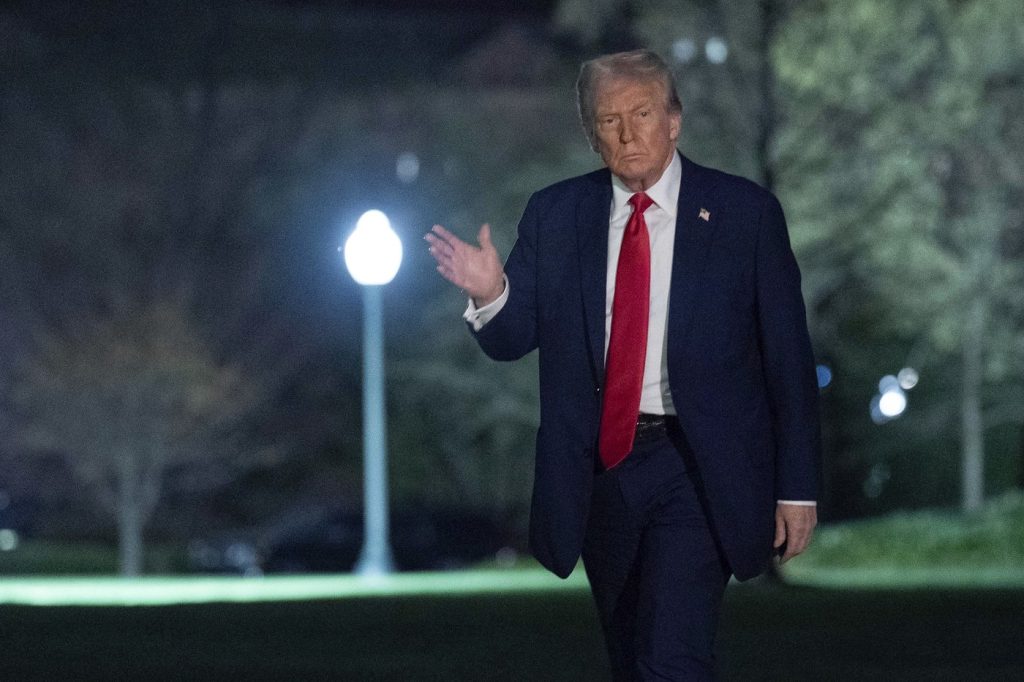On April 2, 2025, U.S. President Donald Trump is set to announce his “liberation day” plan, which involves imposing tariffs on various countries. However, there remains uncertainty about a temporary pause on economywide duties on Canada, which has led to speculation and confusion regarding the implications of these tariffs.
In early March, President Trump introduced 25 percent tariffs across the board, along with a reduced 10 percent tariff on energy imports from Canada and Mexico. These duties were officially linked to the issues surrounding the flow of fentanyl across the Northern border. Despite this connection, U.S. government data suggests that the quantity of fentanyl seized at the border is minuscule, raising questions about the justification for such high tariffs.
Initially, Trump indicated that the fentanyl-related tariffs would be reinstated today, yet the White House has later signaled that no definitive decision has been reached. When pressed for details regarding the tariffs, White House Press Secretary Karoline Leavitt stated she would defer to the president for specific comments during the forthcoming announcement.
This ambiguity concerning the tariffs adds to the mounting apprehensions surrounding Trump’s initiatives to reshape global trade dynamics. The situation has prompted increased attention from both domestic stakeholders and international observers. The president’s remarks regarding his reciprocal tariff agenda are anticipated at 4 p.m. ET today at the White House.
In light of these developments, Liberal Leader Mark Carney has paused his federal election campaign to engage in discussions in Ottawa, aiming to address the potential repercussions of the impending U.S. tariff announcements. Trump has articulated his intention to implement reciprocal tariffs, which would see the United States raise its duties to correspond with the tax rates that other countries impose on U.S. imports.
As the potential impacts of these new tariffs remain unclear, various economic sectors are left in a state of uncertainty. Stakeholders in Canada, in particular, are keenly awaiting the results of the president’s planned address and the subsequent decisions regarding trade policy, which could significantly affect U.S.-Canada relations.
This situation underscores the ongoing complexity and volatility of international trade relations under the Trump administration, as the global economy closely monitors the outcomes of U.S. policy decisions.










